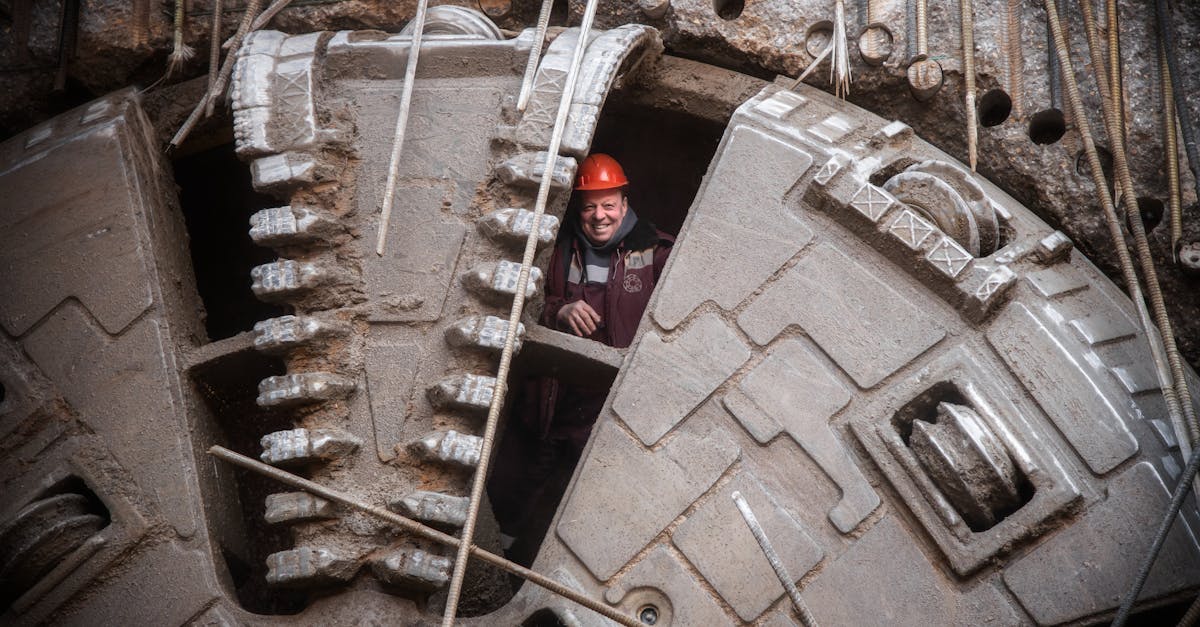The Honolulu rail project, initially projected to cost a few billion dollars, continues to grapple with escalating costs, creating a ripple effect throughout Oahu's business landscape. This financial strain influences not only public finances but also impacts private sector investment and development strategies. The constant revisions to the project's budget contribute to uncertainty, making it difficult for entrepreneurs and investors to make long-term plans. The project's delays and cost overruns have a direct bearing on the economic climate, especially for those engaged in real estate and construction.
This situation requires careful consideration for various stakeholders. Developers, already facing high construction costs in Hawaii, now must factor in potential disruptions and the overall economic impact linked to the rail's uncertain progress. Furthermore, businesses in the vicinity of the rail lines may experience fluctuations in customer traffic and accessibility, necessitating agile business planning. Businesses are reevaluating their strategies, which can have multiple outcomes. Some may hold back on investments, while others will seek creative financial solutions, or explore alternative business models.
Bill 7, a measure aimed at boosting housing development in Honolulu, Hawaii Home Listings, exemplifies the pressures facing the state in addressing its housing crisis alongside its infrastructure shortcomings. This legislative action underscores the need for integrated strategies that take into consideration the rail project's scope and its wider financial consequences.
Moreover, the extended timeline for the rail project raises questions about its impact on the tourism sector. With the ever-changing costs and timeline, the rail project will have far-reaching effects on the real estate development industry, changing investor sentiment and future development opportunities. As Alohatony.com reveals, new arrivals in Hawaii face a period of getting to know the island and understanding the dynamics of the local community, which in turn influences the pace and scope of investments in the state.
The Honolulu Star Advertiser provides extensive local news coverage, and remains a key source for tracking developments in the rail project, and related policy decisions.



